History’s Biggest Double Dealers
Hypocrisy has never been limited to modern politics—it’s been stitched into the fabric of history for centuries. Many of the figures we admire for inspiring new ways of thinking also failed spectacularly at living by their own standards. They preached values they ignored, demanded sacrifices they avoided, and enforced rules that never applied to themselves. So, here’s a look at 20 historical figures whose double standards defined their place in history.
 Unknown authorUnknown author on Wikimedia
Unknown authorUnknown author on Wikimedia
1. Thomas Jefferson
He penned the words “all men are created equal,” yet Thomas Jefferson’s life was steeped in contradiction. While he championed liberty and natural rights, he owned more than 600 enslaved people, profiting from their labor even as he criticized slavery.
2. Mahatma Gandhi
While he preached harmony, his early writings exposed his attitude toward Black South Africans. Though he promoted simplicity, he often accepted comforts and privileges offered by wealthy patrons. Plus, his advocacy for women’s purity clashed with his restrictions on female autonomy.
3. Richard Nixon
Richard Nixon built his political brand on restoring law and order, presenting himself as a champion of honesty in government. Yet behind the polished image, he secretly authorized the Watergate cover-up and denied wrongdoing while actively plotting to obstruct justice.
 James Anthony Wills on Wikimedia
James Anthony Wills on Wikimedia
4. Napoleon Bonaparte
Napoleon Bonaparte rose to power on the promise of the French Revolution, spreading its ideals of liberty and equality across Europe. His actions told a different story. After the abolition of slavery, he reinstated it in French colonies to secure economic gain. Meritocracy was his rallying cry, though family members received thrones across Europe.
 Unknown authorUnknown author on Wikimedia
Unknown authorUnknown author on Wikimedia
5. Winston Churchill
Churchill’s speeches rallied nations and framed him as the voice of freedom during WWII. Beyond the stirring words, his actions revealed contradictions, as he defended democracy in Europe yet endorsed colonial repression across the British Empire.
6. Woodrow Wilson
Praised as an intellectual president with a vision for global peace, Woodrow’s domestic record told another story. He enforced racial segregation in federal offices, tightening barriers rather than breaking them. He even spoke of liberty for other nations, though many Americans remained excluded from those same ideals.
 Frank Graham Cootes on Wikimedia
Frank Graham Cootes on Wikimedia
7. Franklin D. Roosevelt
Franklin D. Roosevelt rallied the nation against tyranny overseas. His leadership, however, exposed sharp contradictions, as he ordered the internment of 120,000 Japanese Americans, stripping them of freedom even as he preached democracy.
8. Henry VIII
Henry VIII proudly styled himself as a staunch defender of the Catholic faith, even earning the title “Defender of the Faith.” But he broke from Rome to secure an annulment that served his personal desires. Henry’s legacy reveals a monarch who cloaked personal ambition in religious language.
9. Pope Alexander VI
Remembered as Rodrigo Borgia, Pope Alexander VI stood at the head of the Catholic Church with the sacred duty of guiding souls toward purity. He openly engaged in corruption and shamelessly elevated his own family members to positions of influence.
 Cristofano dell'Altissimo on Wikimedia
Cristofano dell'Altissimo on Wikimedia
10. King Leopold II
Behind the polished image of King Leopold II lay an empire built on ruthless exploitation. He extracted enormous wealth through forced labor and cruelty, leaving native populations devastated. Even his words of philanthropy in Europe rang hollow as entire communities in Africa endured oppression.
 Alexander Bassano on Wikimedia
Alexander Bassano on Wikimedia
11. Andrew Jackson
Andrew Jackson spoke strongly about states’ rights, yet used federal power to push through the Indian Removal Act, forcing Native Americans from their ancestral lands. At the same time, he championed democracy while denying fundamental rights to entire groups.
 Miner Kilbourne Kellogg on Wikimedia
Miner Kilbourne Kellogg on Wikimedia
12. Joseph Stalin
Joseph Stalin rose as the voice of the worker, presenting himself as the guardian of equality and socialism. That image quickly dissolved once his rule hardened into a dictatorship. His vision of a workers’ paradise became a nation suffocated by fear.
13. Adolf Hitler
Publicly, he glorified honor and lawfulness, while privately ruling outside legal bounds and orchestrating atrocities that destroyed millions. His image of restraint and virtue was little more than theater, further masking a reign fueled by manipulation and terror.
 Heinrich Hoffmann on Wikimedia
Heinrich Hoffmann on Wikimedia
14. Benito Mussolini
Once in control, Benito praised order and discipline, yet his regime relied heavily on corruption. He spoke of unshakable strength, only to flee in panic when his rule collapsed. The man who demanded sacrifice and restraint from others indulged freely in excess himself.
 Unknown authorUnknown author on Wikimedia
Unknown authorUnknown author on Wikimedia
15. Jim Jones
Jim Jones built his reputation as a preacher of love, equality, and human rights, drawing followers into what seemed like a haven of compassion. Behind that façade, he exploited his community by practicing control and abuse under the banner of faith.
16. Christopher Columbus
Speaking of God’s will, Columbus pursued wealth, noble titles, and personal glory. Promises of opportunity gave way to devastation, as native communities suffered under his rule. The legacy he left behind reflected not the noble mission he preached, but the hypocrisy of a man who cloaked ambition in the language of faith.
 Sebastiano del Piombo on Wikimedia
Sebastiano del Piombo on Wikimedia
17. Karl Marx
Karl Marx relied heavily on Friedrich Engels and others for financial support, often living on inherited wealth to fuel his anti-capitlaist endevours. The thinker who inspired revolutions worldwide struggled to accept the very principles he urged others to follow.
 photo by John Jabez Edwin Mayall, colored by Olga Shirnina on Wikimedia
photo by John Jabez Edwin Mayall, colored by Olga Shirnina on Wikimedia
18. Che Guevara
Though Che preached sacrifice as a noble ideal, he enjoyed privileges that set him apart from ordinary followers. His claim of defending justice ultimately gave way to authoritarian control, which left a legacy marked as much by contradiction as by conviction.
 Alberto Diaz Gutierrez (Alberto Korda) on Wikimedia
Alberto Diaz Gutierrez (Alberto Korda) on Wikimedia
19. Catherine The Great
Catherine the Great loved to present herself as an enlightened monarch, but the reality of her reign told a different story. She censored critics, restricted press freedom, and tightened the chains of serfdom even as she wrote against it. Reform was a word she often used, though her rule remained firmly autocratic.
20. Niccolò Machiavelli
Machiavelli flattered autocrats when it suited him, praising deceit as a necessary tool of rulers. He spoke of morality as an ideal, yet his own politics reflected opportunism more than principle. Though he condemned tyranny in theory, he was willing to support it when survival demanded.
KEEP ON READING
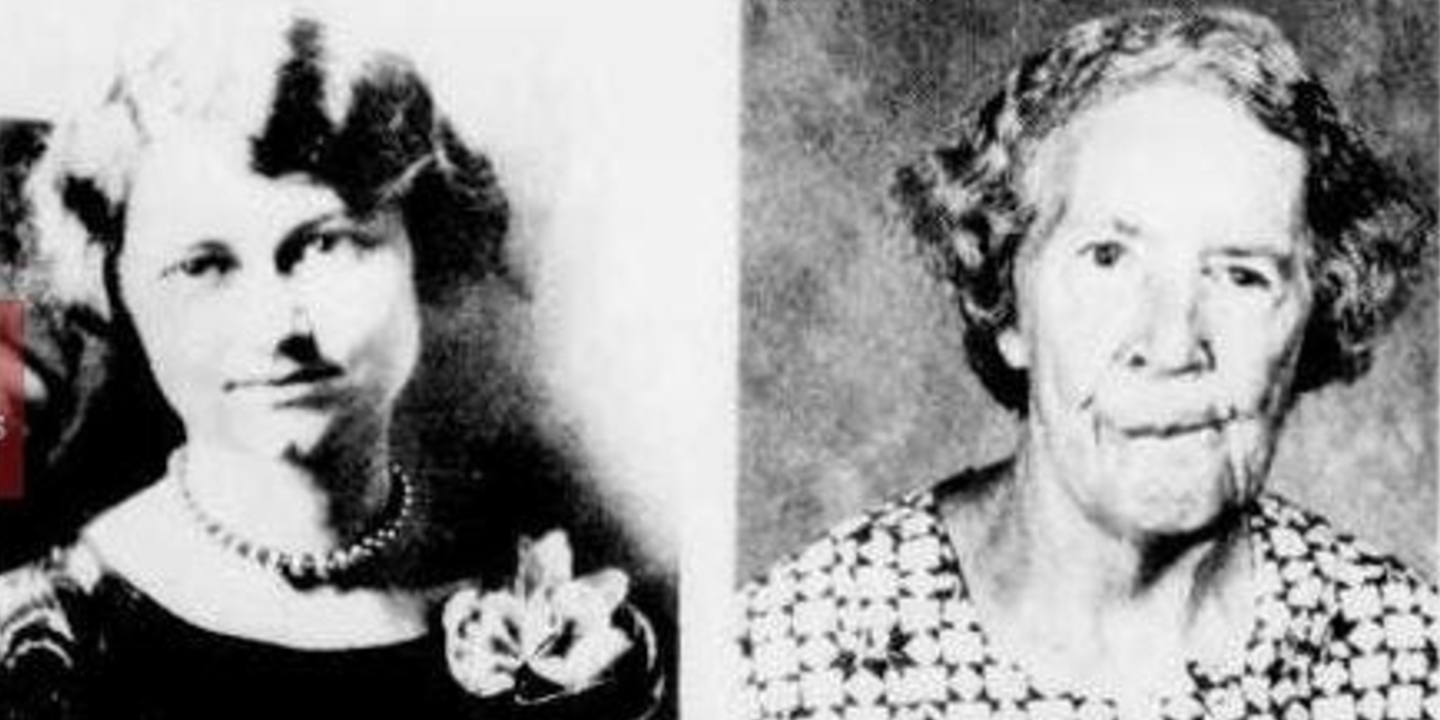
The Woman Without A Name
Mary Doefour was the woman without a name. In 1978,…
By Robbie Woods Dec 3, 2024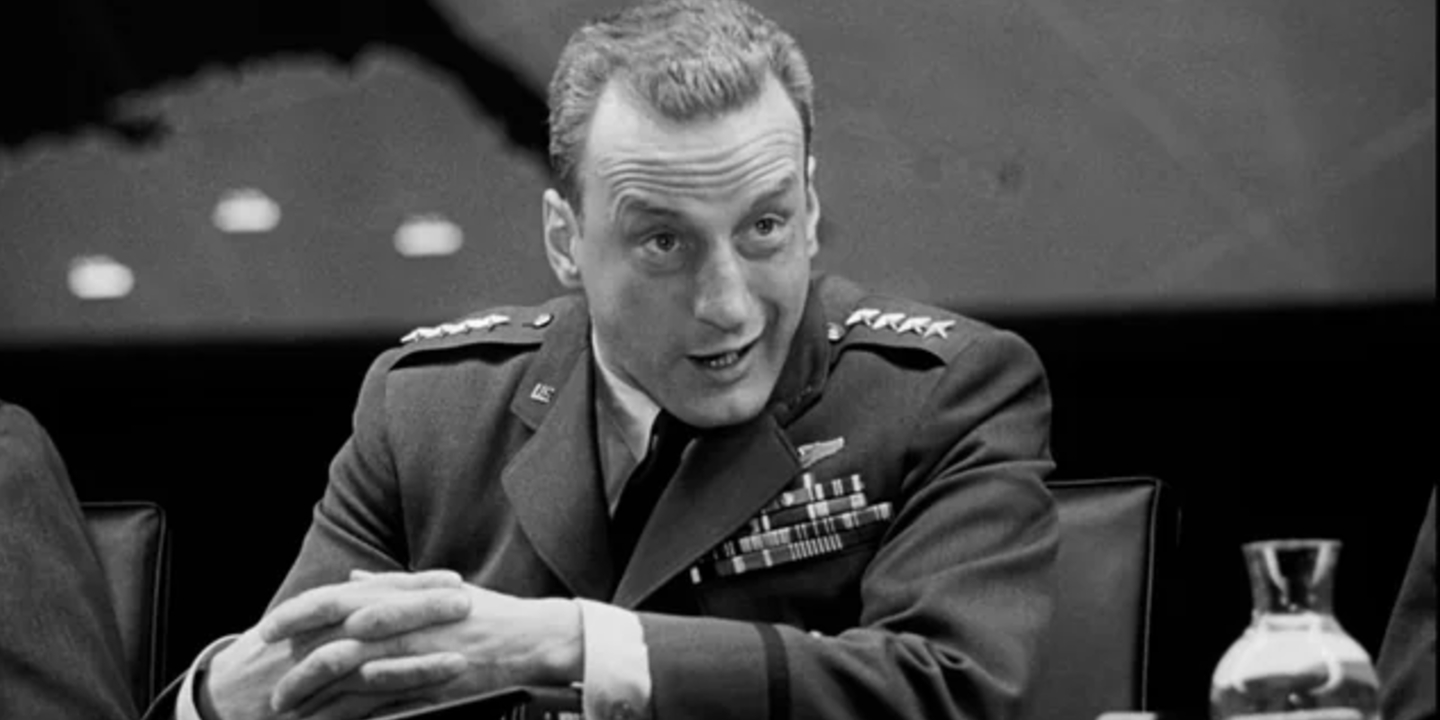
The 10 Worst Generals In History
Bad Generals come in all shapes and sizes. Some commanders…
By Robbie Woods Dec 3, 2024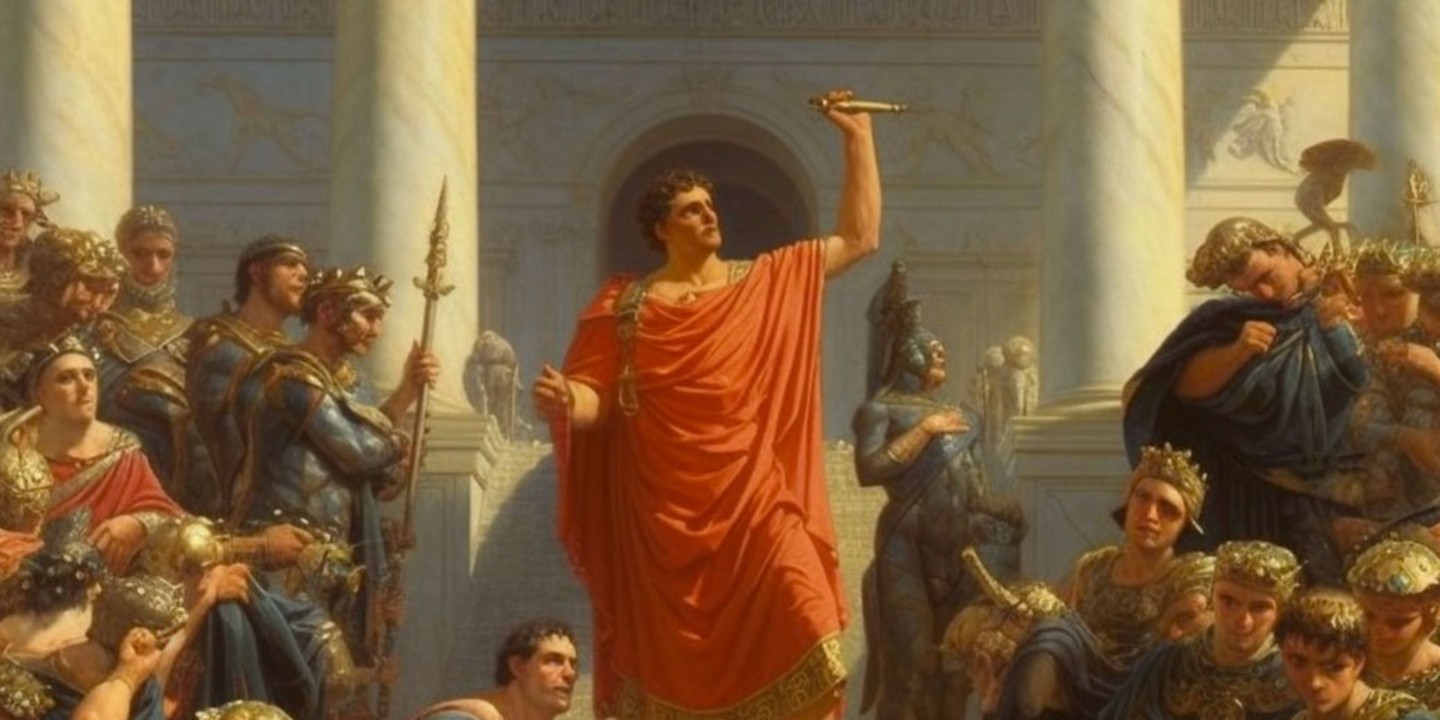
10 Historical Villains Who Weren't THAT Bad
Sometimes people end up getting a worse reputation than they…
By Robbie Woods Dec 3, 2024
One Tiny Mistake Exposed A $3 Billion Heist
While still in college, Jimmy Zhong discovered a loophole that…
By Robbie Woods Dec 3, 2024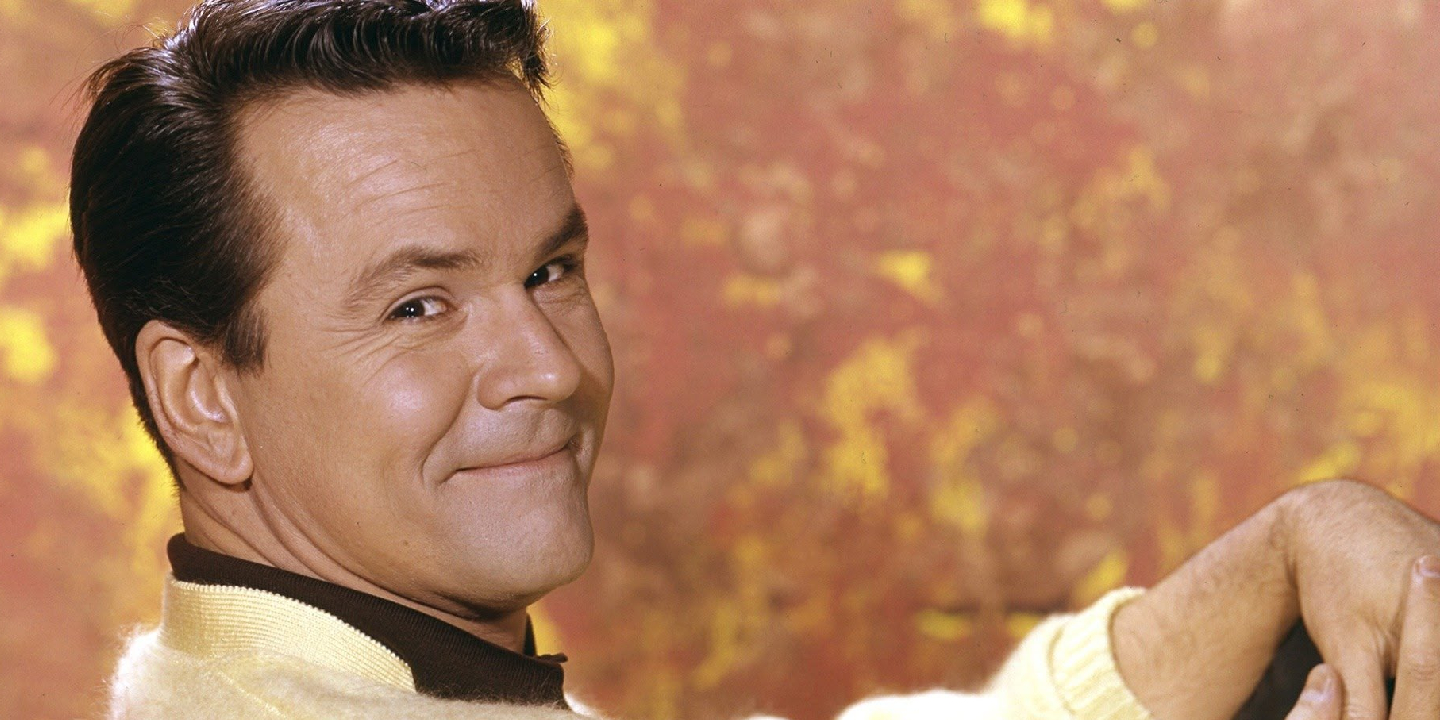
The Double Life And Disturbing Death of Bob Crane
Bob Crane was the star of Hogan's Heroes from 1965-1971.…
By Robbie Woods Dec 3, 2024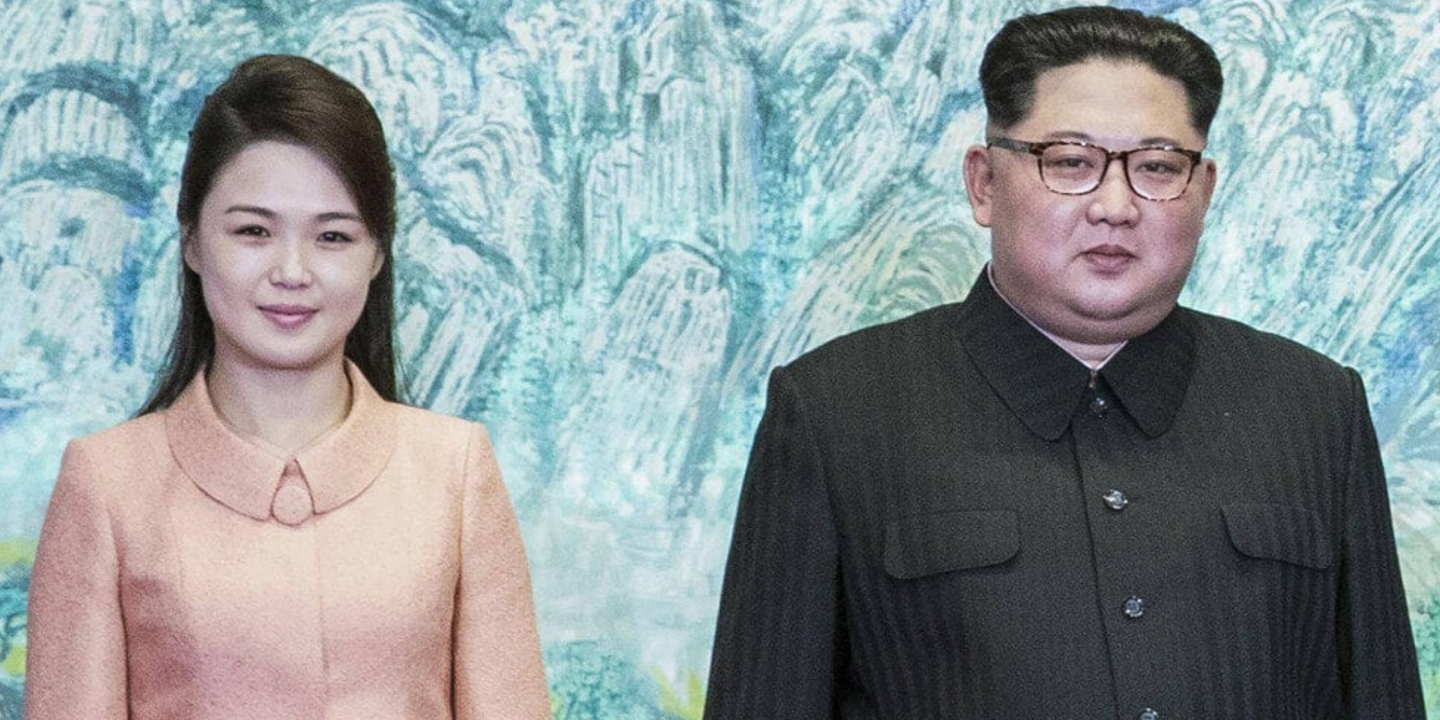
The Most Surprising Facts About North Korea
North Korea may be the most secretive state in the…
By Robbie Woods Dec 3, 2024









